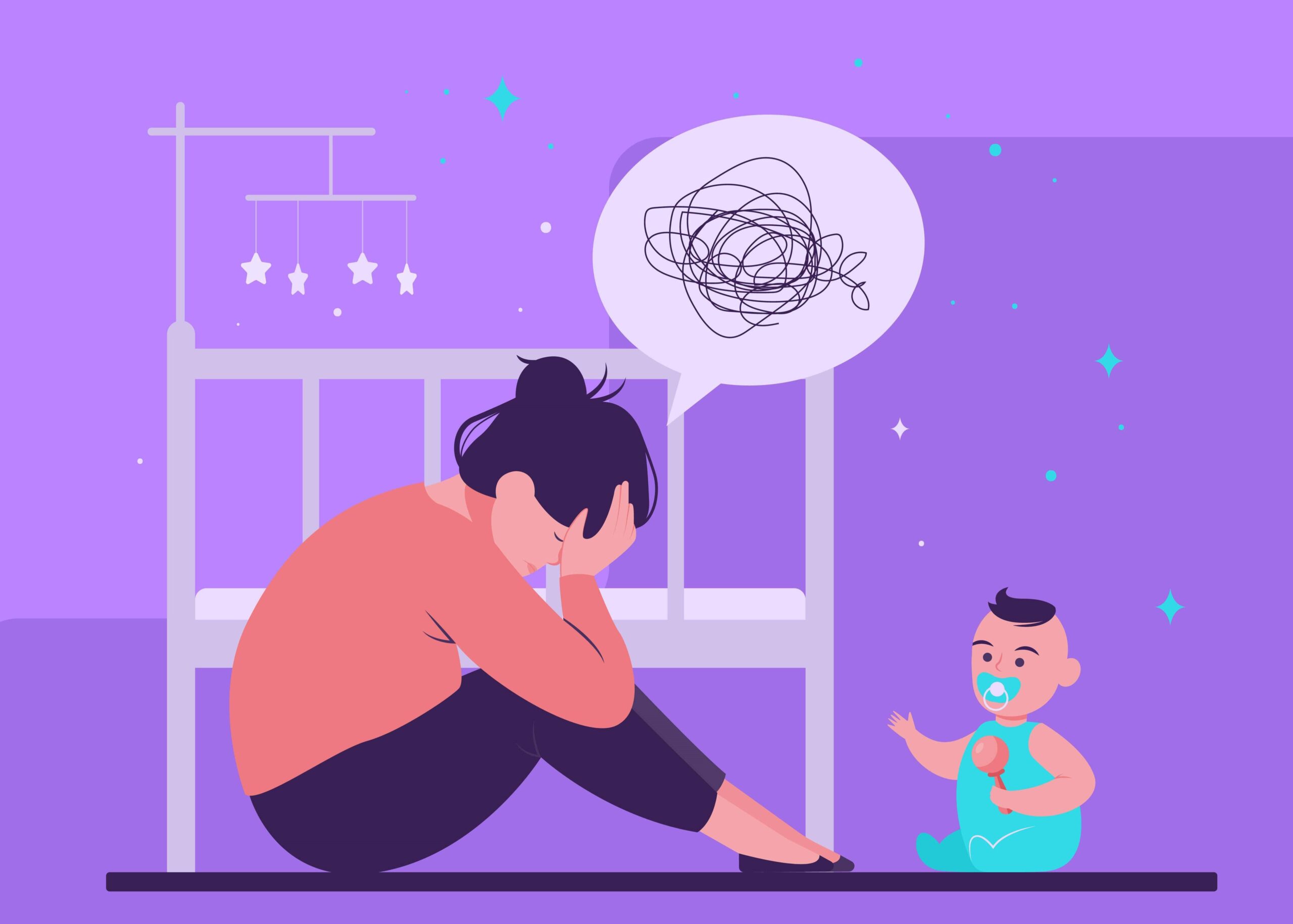Quick Enquiry
+91 7356 577 577 +91 7356 200577 care@janikaayurveda.comServices Available At
📍Kochi, Kerala📍Bangalore, Karnataka
Understand the Postpartum Blues

Post delivery period is the period where the new mothers go through intense physical and emotional changes, which may lead to anxiety and mood disturbancesPostpartum blues, also known as baby blues and maternity blues, is very common after delivery but self-limited condition that begins shortly post-delivery and can present with a variety of symptoms such as mood swings, irritability, and tearfulness.
Most new mothers are affected by postpartum blues, with symptoms starting within a few days postdelivery and lasting up to two weeks. Postpartum blues generally begin within a few days of childbirth and often peak by the 4th or 5th day.
Postpartum psychiatric illness is typically divided into three categories: (1) postpartum blues, (2) postpartum depression, and (3) postpartum psychosis. Postpartum blues are comparatively milder and are the most common ones. It generally begins 1 to 3 days after parturition and is distinguished by sudden mood swings, unexplained weeping, irritability and impatience, lack of sleep, crying spells, anxiety, loneliness, and a feeling of vulnerability. Crying a lot and feeling overwhelmed in the days after delivery is common. If you’ve been feeling low and unable to cope for more than 10 days post-delivery, you should get checked out for postpartum depression
Symptoms may vary significantly from one individual to another and from pregnancy to the next. Individuals with postpartum blues have symptoms that are milder and less disruptive to their daily functioning compared to those with postpartum depression.
It is unclear whether the condition can be prevented, however, education and reassurance are important to help alleviate patient distress
Symptoms include
● Crying for no reason
● Mood swings
● Irritability
● Anxiety
● Loss of appetite
● Fatigue
● Sleeping difficulty
Causes
● Fatigue after labor and delivery
● Sleep deprivation
● Lack of support from family and friends
● Financial stress
● Physical changes
A history of postpartum depression appears to be a risk factor for developing postpartum blues, and postpartum blues confers a higher risk of developing subsequent postpartum depression.
Treatment
● Proper sleep
● Mind relaxing yoga, including Pranayam etc
● Do activities that you enjoy
● Ask for help from friends and family
● Avoid the habit of alcohol and other drinks
Early diagnosis and treatment of more severe postpartum depression, postpartum anxiety and postpartum psychosis are critical for improved outcomes in both parent and child.
